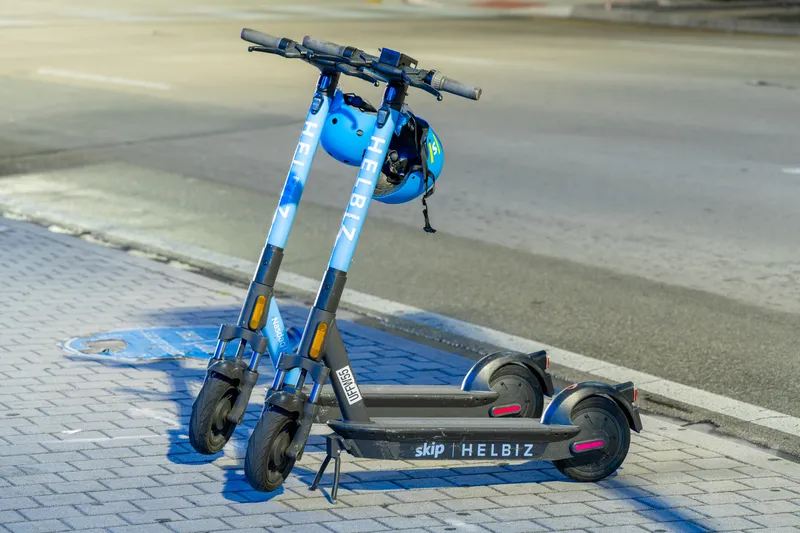According to French think tank IDATE, there will be 420 million connected cars on the road by 2018, compared to 45 million in 2013, an annual growth of 57 per cent. IDATE attributes the development of the market to European safety regulations and manufacturers looking to identify new sources of revenue.
May 9, 2014
Read time: 2 mins
RSSAccording to French think tank 7768 IDATE, there will be 420 million connected cars on the road by 2018, compared to 45 million in 2013, an annual growth of 57 per cent. IDATE attributes the development of the market to European safety regulations and manufacturers looking to identify new sources of revenue.
Connected cars are equipped with internet access, allowing external communication and access to applications or terminals both inside and outside of the vehicle.
Three technical solutions currently exist: smartphones used to manage connectivity, on-board integrated technology dedicated to connected services and offering the most technical possibilities, or a combination of the two, with the smartphone used for entertainment purposes and the integrated system for Telematics services. The integrated system solution is set to lead the market with more than 222 million units expected to be sold in 2018. At present, the main business model for operators is B2B2C, with these operators looking to charge manufacturers for traffic generated. As for internet actors,1691 Google is focusing on on-board technology and data collection to better target advertisements, while 493 Apple is offering new technology to allow an interface with its products.
Revenue from vehicle connectivity is expected to reach US$11.10 billion in 2018.
Connected cars are equipped with internet access, allowing external communication and access to applications or terminals both inside and outside of the vehicle.
Three technical solutions currently exist: smartphones used to manage connectivity, on-board integrated technology dedicated to connected services and offering the most technical possibilities, or a combination of the two, with the smartphone used for entertainment purposes and the integrated system for Telematics services. The integrated system solution is set to lead the market with more than 222 million units expected to be sold in 2018. At present, the main business model for operators is B2B2C, with these operators looking to charge manufacturers for traffic generated. As for internet actors,
Revenue from vehicle connectivity is expected to reach US$11.10 billion in 2018.







